- Get link
- X
- Other Apps
Damp or humid air a musty smell and mold or. Signs of Water in the Basement.
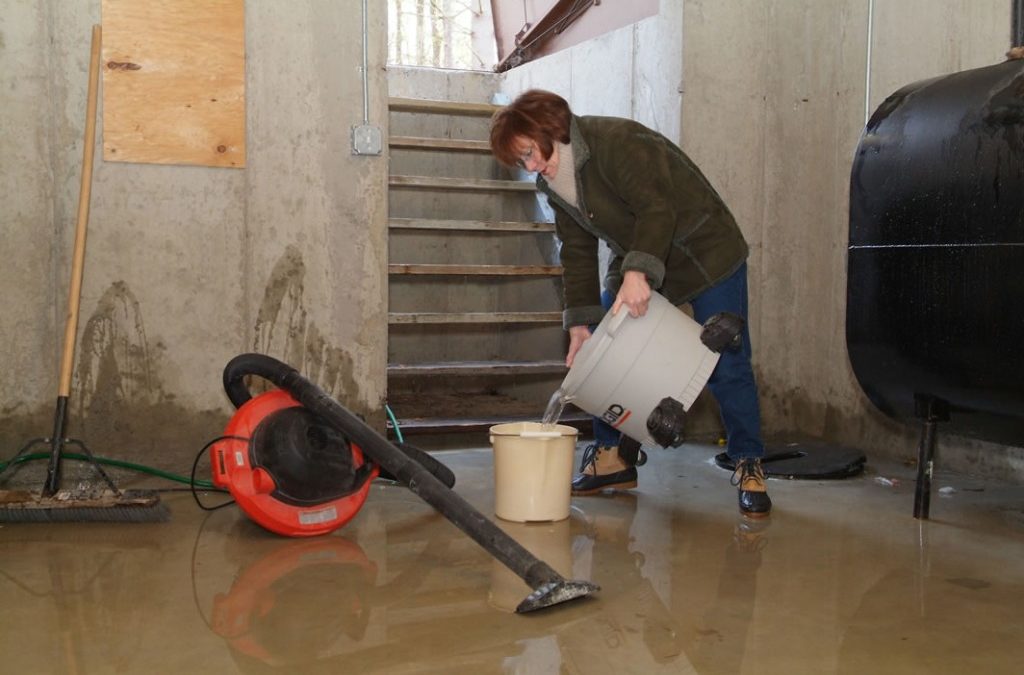 3 Step Clean Up Plan After Your Basement Floods Waterproof Com
3 Step Clean Up Plan After Your Basement Floods Waterproof Com
Water or moisture in basements comes from two sources.
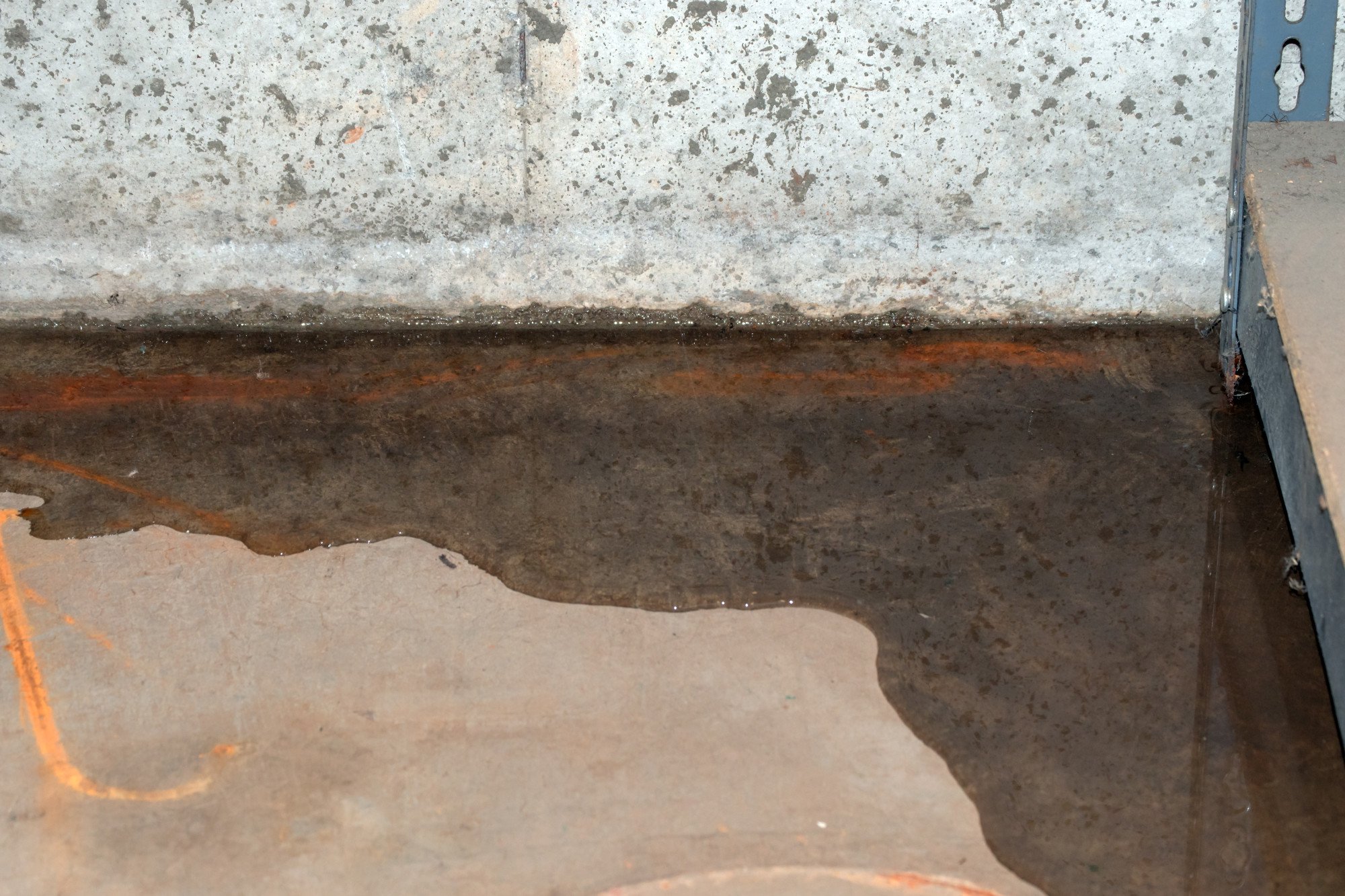
Water in the basement. After water in the basement evaporates it leaves behind the telltale sign of efflorescence. Water in the basement. It doesnt take the trained eye of a home inspector to identify the presence of standing waterthe most obvious sign that there are issues that warrant further investigation.
This includes extraction drying cleaning deodorizing and if necessary perform structural repairs. While we were able to fare ok in our house during the drought the winter weather was a problem that hit closer to home. In other words as dismaying as it seems in a major flood you actually want water in the basement at least for a while.
This can happen during long periods of rain when the ground becomes oversaturated with water. Water in your basement is basically a nightmare. Its necessary to get rid of the water fix underlying basement water problems and take steps to keep your basement dry.
The basic idea is that you need to plug the holes and gaps that are allowing the water to get into your living space. It is a white chalky substance consisting of minerals and other solid particles in water. Water seeps its way through the soil surrounding your house and pushes up against your basement floor and walls where the hydrostatic pressure is rather great.
The reason water is seeping through the basement floor The biggest reason for water seeping through the basement floor is that the soil around the house has too much water in it. As the temperatures rose and precipitation turned from snow to rain in January water began to pool up on top of the frozen ground. The inspector will also note wall staining.
The other is wateror water vaporthat comes from outside. Dont assume that just because you dont see water youre in the clear. Condensation on floors and walls or actual water seeping into the basement.
If there is a thick layer of efflorescence on the floor and walls then youve had groundwater and rainwater in the basement for a. If water is allowed to enter the basement the hydrostatic pressure becomes equalized and the walls are much less likely to fail. The smell of mold or mildew.
Midwestliving Each time its a panic and scramble to do your best to get the water out. Condensation on floors and walls or actual water seeping into the. Many of these products are specially patented and use a plastic resin or even rubber base to prevent leaks.
In most cases the basement is home to large appliances such as a water heater and HVAC unit all of which can be damaged by water in the wiring. One source is indoor humidity that condenses on cold surfaces much like water droplets form on a cold drink on a humid day. General dampness and humidity.
Last year we had huge water issues and spent many hours battling our leaky basement and subsequent foundation problems. Do anything you can to keep water from entering your basement water can cause so much damage very fast. Water in the basement from a plumbing leak can lead to mold musty smells and property damage.
In the two homes weve owned weve had water in both of our basements. Both hydrostatic and lateral pressure push moisture and water leaks into basement walls and floors. Extraction Extraction is simply the removal of the standing water.
Meanwhile the water absorbed by the soil that surrounds your foundation causes lateral pressure. If water enters the walls of your basement it can cause major damage to the electrical wiring. Signs of Water in the Basement A damp and wet basement can cause stress inconvenience and ongoing mess all around the house.
Leaving water in the basement can create more significant problems like mold mildew rot structural damage and various health problems. Signs of Water in the Basement. The excess water goes to your basement.
Water in the basement can lead to mold musty smells damaged walls and floors and ruined furniture and belongings. Most basement water problems are caused from water getting inside through porous concrete or through cracks in the foundation wall. Small pools of water in your basement or crawlspace likely mean that there is an issue somewhere.
After finding water in your basement theres a 4 sometimes 5 step process you should follow. At times of high water saturation water table in the ground the water will find its way into your home through the easiest access point. Water entering our basement this past winter.
To determine whether or not you have these problems the first thing you should do is inspect the concrete in and around your home. The inspector will also note wall staining. This water in the soil creates pressure on your basement wall and floor.
General dampness and humidity. Start by looking for standing water. If you notice any of these symptoms your basement is in distress.
It doesnt take the trained eye of a home inspector to identify the presence of standing waterthe most obvious sign that there are issues that warrant further investigation. The smell of mold or mildew.
 How To Deal With Water In Basement After Rain Aer Industries
How To Deal With Water In Basement After Rain Aer Industries
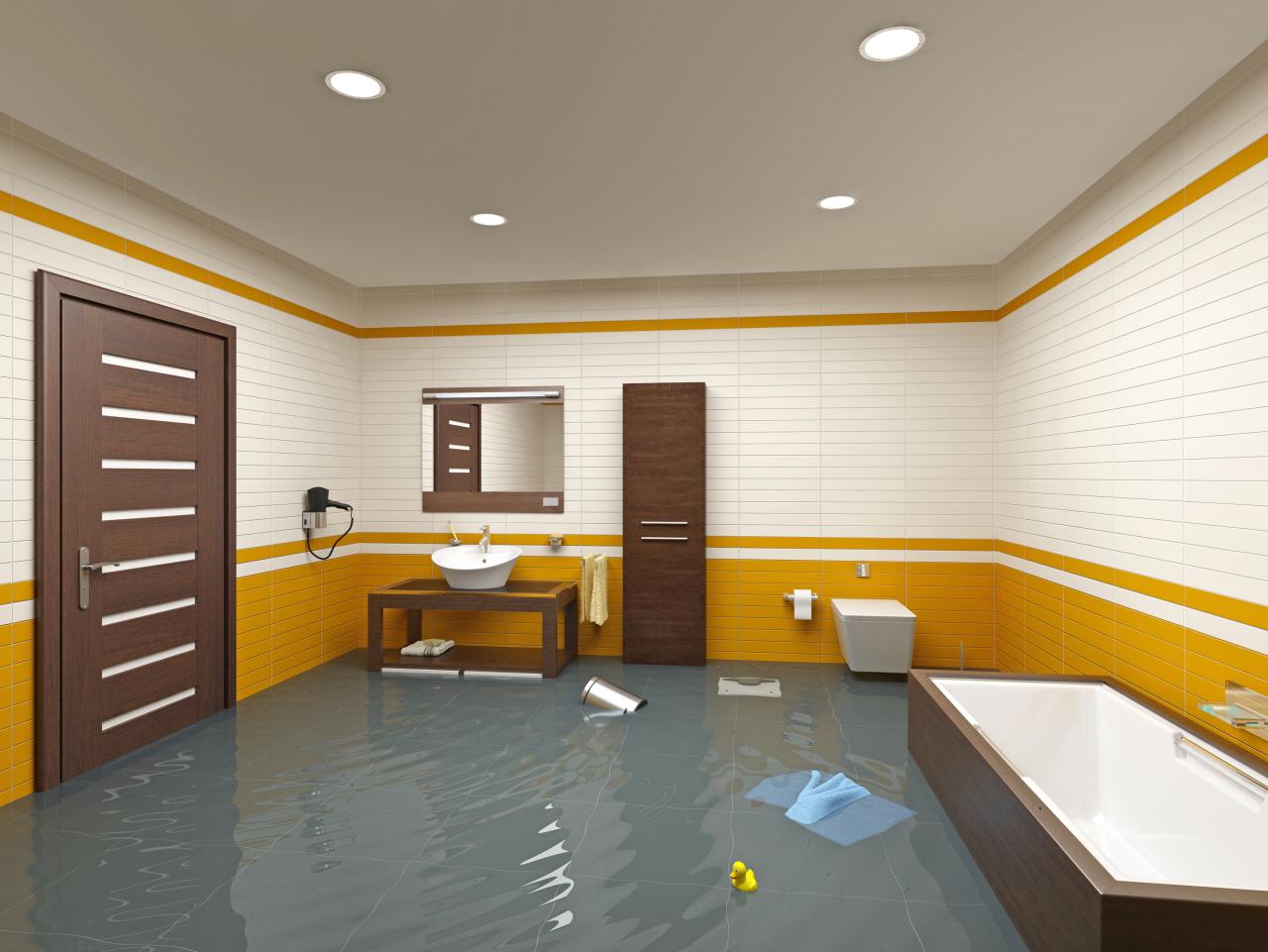 Water In The Basement Causes And Solutions For Flooded Basements Hgtv
Water In The Basement Causes And Solutions For Flooded Basements Hgtv
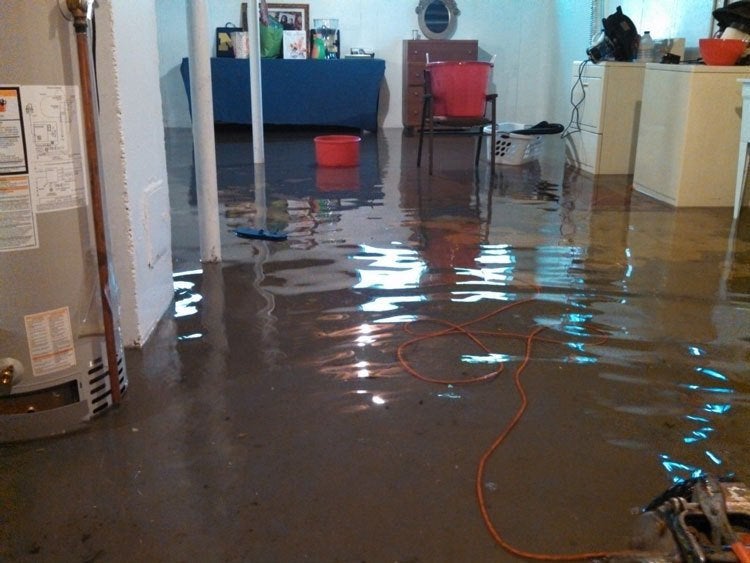 Top Methods For Basement Water Removal In Gaithersburg Md
Top Methods For Basement Water Removal In Gaithersburg Md
 How To Deal With Water In Your Basement Wisconsin Public Radio
How To Deal With Water In Your Basement Wisconsin Public Radio
 We Re Taking On Water 7 Common Causes Of A Leaking Basement
We Re Taking On Water 7 Common Causes Of A Leaking Basement
 How To Tell If A Basement Has Water Problems With Pictures Aquaguard Foundation Solutions
How To Tell If A Basement Has Water Problems With Pictures Aquaguard Foundation Solutions
 Water In The Basement What To Do Causes Prevention
Water In The Basement What To Do Causes Prevention
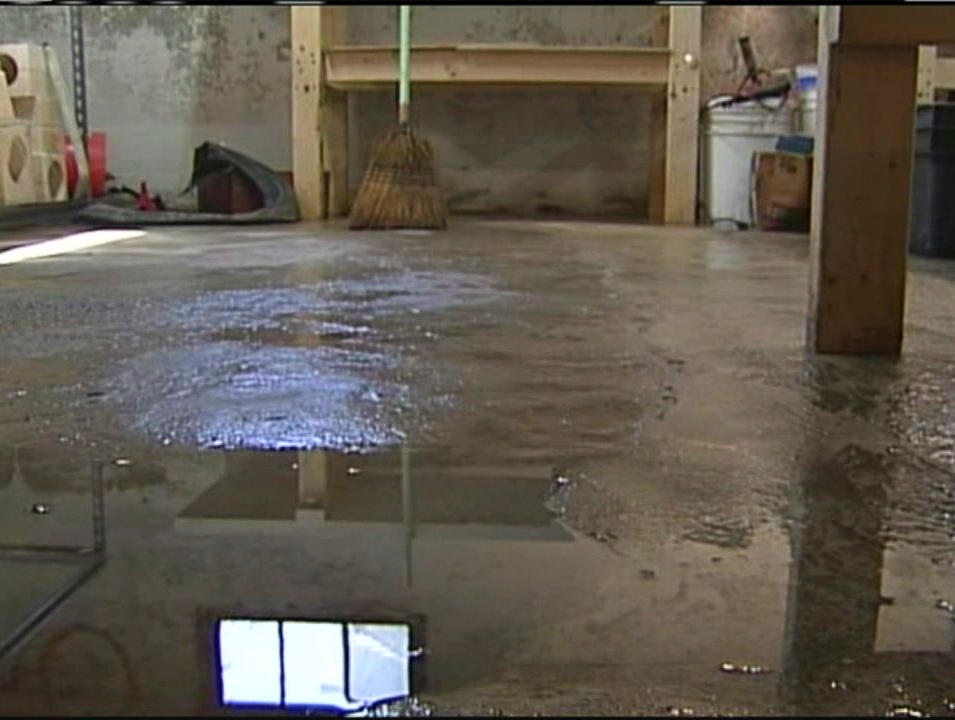 Causes Of Water Seepage And Basement Leaks
Causes Of Water Seepage And Basement Leaks
 Basement Water In Old House The Money Pit
Basement Water In Old House The Money Pit
 Why Water In Your Chicago Basement Is Easy To Fix U S Waterproofing
Why Water In Your Chicago Basement Is Easy To Fix U S Waterproofing
 Watershield Atlantic Causes Of Water In The Basement
Watershield Atlantic Causes Of Water In The Basement
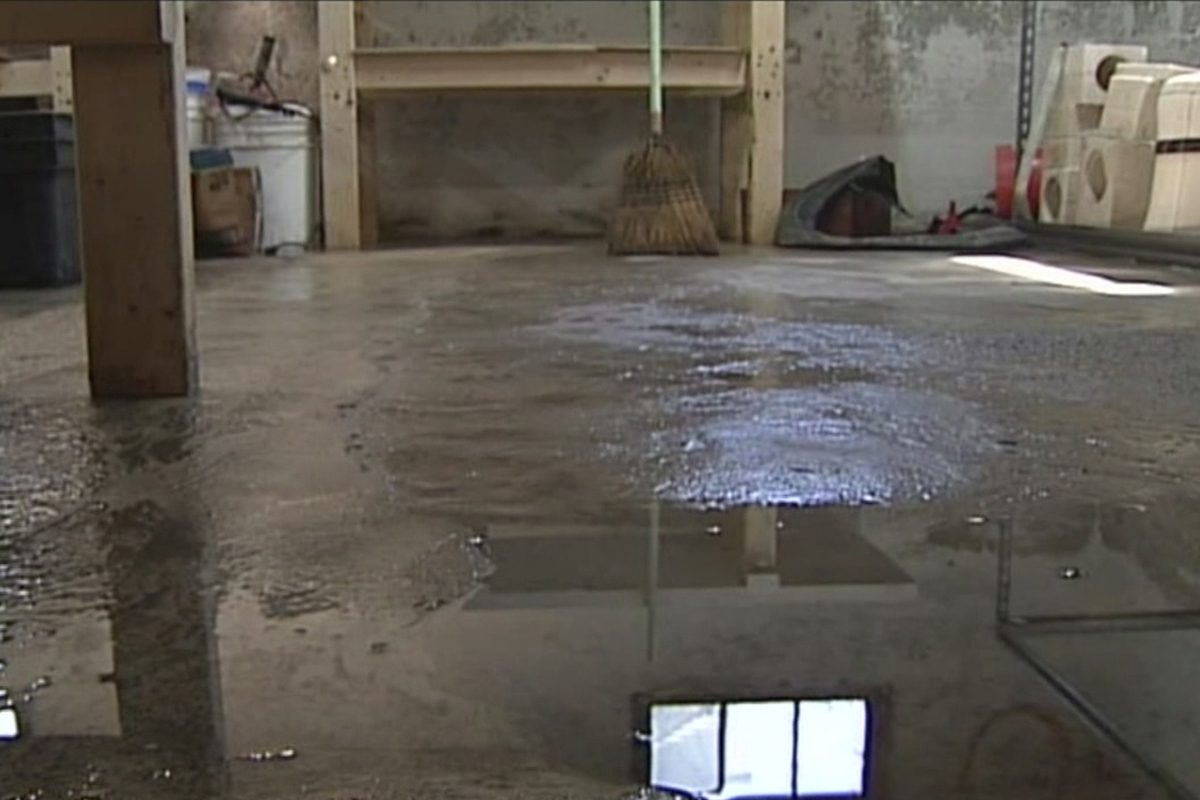 Why Water Comes Up Through The Basement Floor How To Stop The Seepage
Why Water Comes Up Through The Basement Floor How To Stop The Seepage
 How To Fix A Wet Basement Floor U S Waterproofing
How To Fix A Wet Basement Floor U S Waterproofing
 Water In The Basement Simplicitysoil
Water In The Basement Simplicitysoil
Comments
Post a Comment